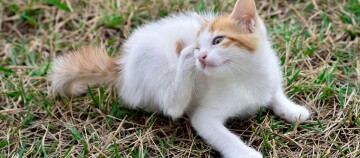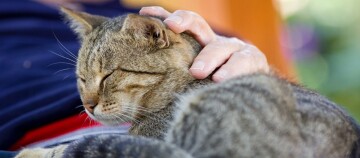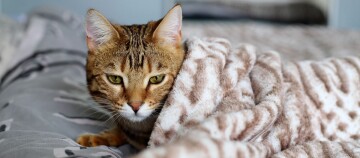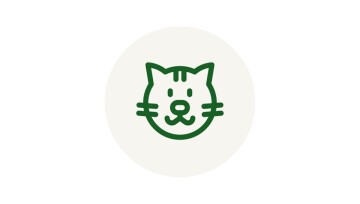Cat Stopped Eating - Causes and How to Stimulate Appetite Again
17.10.2022 - Reading time: 3 minutes
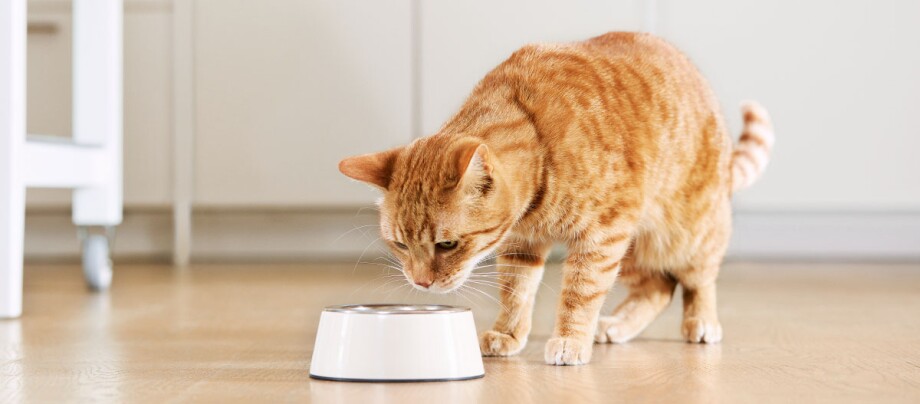
If your house cat is usually already waiting at the bowl, as soon as you stand near the food cupboard, but suddenly leaves the food untouched for no apparent reason, something is wrong. A sudden lack of interest in food may be due to harmless reasons. I'm sure you too have occasional days when you just don't feel like eating. Even your cat may occasionally skip a meal for a variety of reasons. However, if a cat with a normally healthy appetite hardly eats at all for a few days and possibly also shows an impaired general condition, you should consult the vet immediately.
For what reasons does a cat stop eating?
If the cat does not look at the food bowl, the causes may be harmless. In the case of an outdoor cat, for example, it may simply be that the animal is full. It may have caught and eaten a mouse shortly before, or it may have found out how to sneak some food from around the neighbourhood. If the house cat helps itself to the food of its fellow cats, it may also find out that the food next door simply tastes better and it therefore boycotts its own food, which in turn is incomprehensible to its owner.
Food refusal may also indicate acute digestive problems. In case of an upset stomach, the cat instinctively knows what is not good for it at the moment and avoids eating until it feels better. Also, if the cat has previously vomited after eating a certain food, it will remember this and be repulsed by such food from then on. This is something you probably know for yourself, when you feel nauseous at the mere thought of a certain food or its smell.
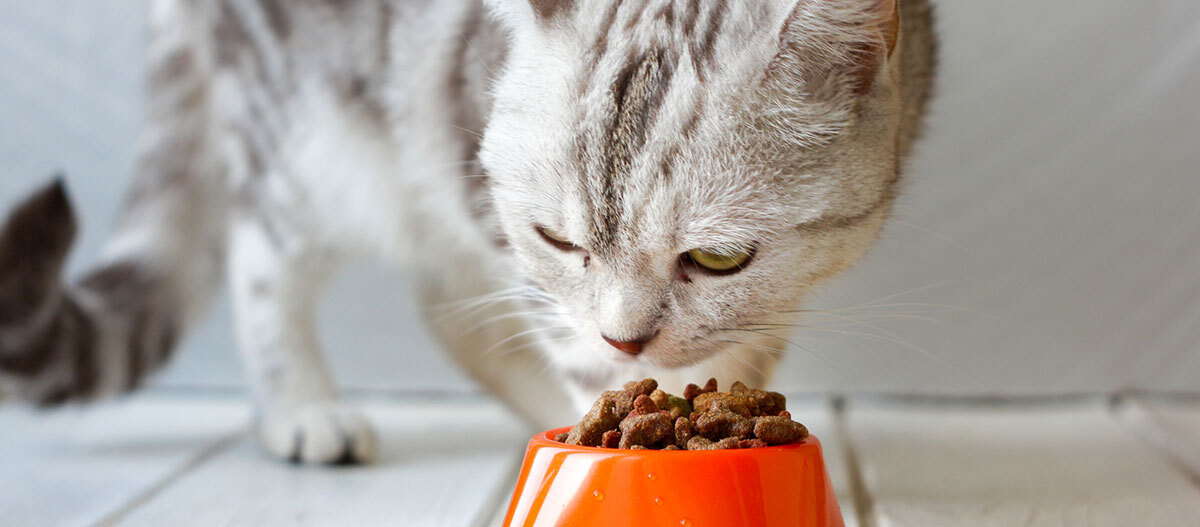
If the cat is experiencing acute stress, is in mourning or is on heat, this can also affect its appetite. Finally, something about the environmental conditions can make the food unpleasant for the cat, for example, commotion at the feeding place, an incorrect location of the bowl or intense summer heat, which reduces the desire to eat.
What could be the organic causes?
If the cat refuses to eat and the above-mentioned explanations do not apply, the refusal to eat could have serious organic triggers. In such a case, a vet will need to promptly clarify the causes. Loss of appetite is a common symptom of various diseases.
What could be wrong with the food?
If external circumstances and organic causes can be ruled out, the reason for the sudden reluctance to eat may be directly related to the food itself.
Possible reasons:
- Lack of freshness
Especially in the case of wet feed: Is the content of the bowl fresh enough? Fresh food that the cat has not eaten immediately or any remaining food should not be left outside for a longer period of time, especially in summer temperatures. - Spoiled food
Do the visual and olfactory test: Is the feed impeccable or could there be a production defect that makes the feed inedible? - Unfamiliar food
Some cats react to new foods by feeling nauseous. When switching to a different feed, gradually mix the new type with the old. - Consistency
Has anything changed in the formula or processing of a familiar brand that might upset the cat? - Too much of a good thing
Could it be that the cat has simply been fed too much of a certain food or for too long? If so, it may simply be tired of it. - Sensitivity to ingredients
If the food contains ingredients to which the cat is food-sensitive, the animal may instinctively avoid the product in question.
How can I stimulate the cat's appetite?
The food is flawless, an acute illness can be ruled out and the external circumstances are also fine, but the cat still has problems with its food? Using these tips you can stimulate the cat’s appetite again. Make sure the feeding area is quiet. The food bowl should be in a place away from commotion in the home,, where the cat can eat undisturbed. If you have more than one cat, each should have its own bowl so that each cat can eat in peace and without food envy. You can easily warm up wet feed: This enhances the aroma and makes it more attractive to the cat. Ingredients with a strong inherent aroma help to make unpopular food more enticing; for example, a dash of tuna added to tasteless diet food. Stimulate the cat’s typical preying instinct and incorporate food into the game. A snack ball, search games with hidden food and rewards will encourage the animal to hunt for food and eat its catch.
